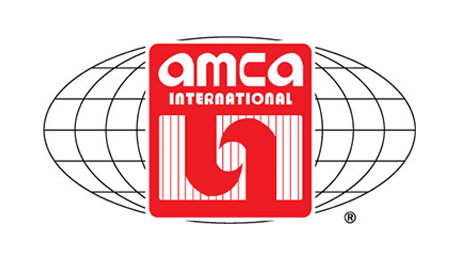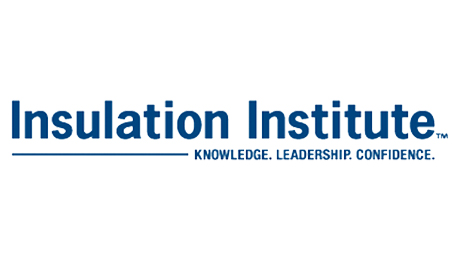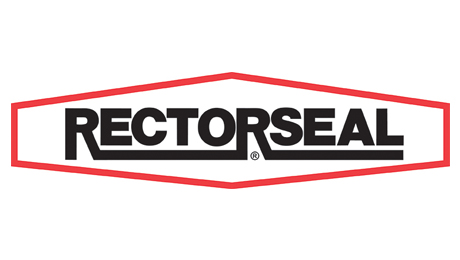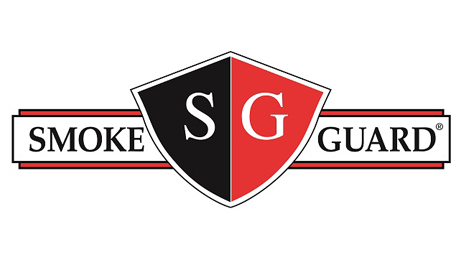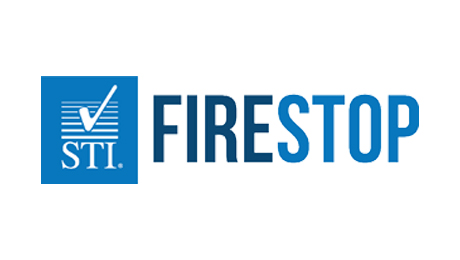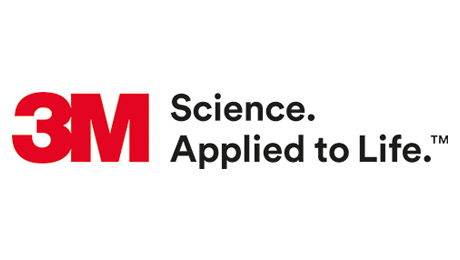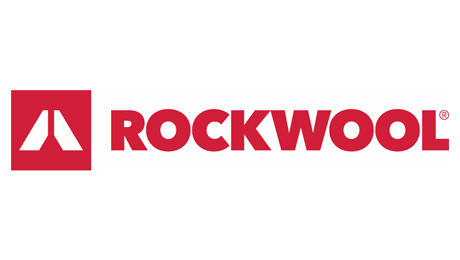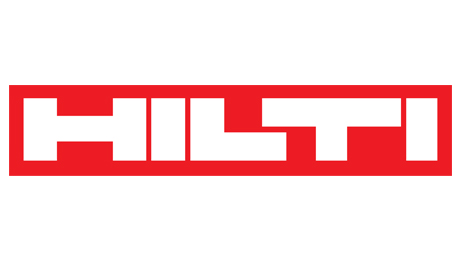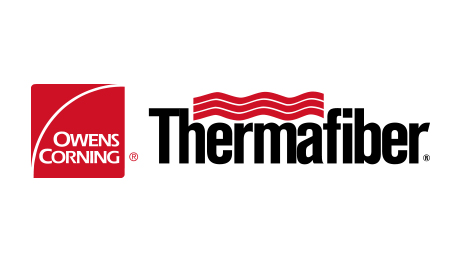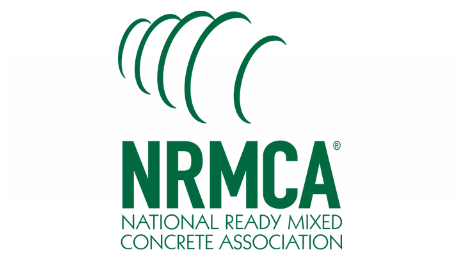Join FSNA
And join the ranks of other companies that have chosen to support better building safety.

Member Benefits
- Greater influence towards building fire safety policy and code work
- Protect and grow your business opportunities
- Share a common campaign towards more resilient, fire safe buildings with the alliance
- Opportunity to leverage your expertise with others towards a common goal
ACTIVITY IN THE CODE DEVELOPMENT PROCESS
FSNA takes a proactive approach in the code development processes of the National Fire Protection Association (NFPA) and the International Code Council (ICC). Fire Safe North America will continue its historically strong and active participation with the codes and standards development process, as well as extending their efforts to include codes and standards involvement in Canada. FSNA will engage in a level of activity that corresponds to the current needs of the membership with code change proposals that will have a good probability of succeeding or providing an important statement of principle to the appropriate code body. The intent is to develop a sufficient proactive approach to serve as an offset to other competing industries and interests seeking to further reduce safety layering requirements of the model codes.
GRASS ROOTS SUPPORT
FSNA consultants and members are interfacing with key policy makers and code officials involved with the code development and code adoption processes at the state or local (grass roots) level in the development of local code change proposals, and the adoption of the model codes with amendments at their state and local levels by leveraging their local influence.
DEVELOP POWERFUL ALLIANCES
FSNA has maintained relationships with other organizations and associations such as the National Association of State Fire Marshals (NASFM), the International Code Council (ICC), The International Association of Building Officials (IABO), the International Fire Marshals Association (IFMA), the International Association of Fire Chiefs (IAFC) Fire and Life Safety Section, National Institute of Standards and Technology (NIST) and other industry organizations and associations to help the FSNA leverage its resources in promoting safety layering in the model codes.
The FSNA is developing working relationships with state, regional, and local ICC chapters and ICC Code Action Committees (regional). Such relationships prove valuable in the model code development processes at the national level.
COMMITTEES
FSNA Board of Directors appoints qualified individuals to serve in an advisory capacity to provide technical substantiation on specific topics, scientifically defensible positioning, non-proprietary perspective, and academic credentials. Committees currently accepting applications are as follows:
FIRE SCIENCE
This committee is intended to engage the expertise of fire service professionals and others fire science experts to help direct FSNA on technical issues pertaining to the causes and prevention of structural fires, emergency response, disaster mitigation and recovery, and related resiliency issues.
CODE OFFICIALS
This committee is made up of code enforcement professionals who participate in the code development process to help position FSNA correctly on code proposals, code adoption and code enforcement issues relevant to issues related to fire and life safety and building resiliency.
HEALTH CARE
This committee is made up of FSNA members who will engage representatives from the health care industry for the purposes of a mutually beneficial exchange on code issues that impact the health care industry and safety layering.
